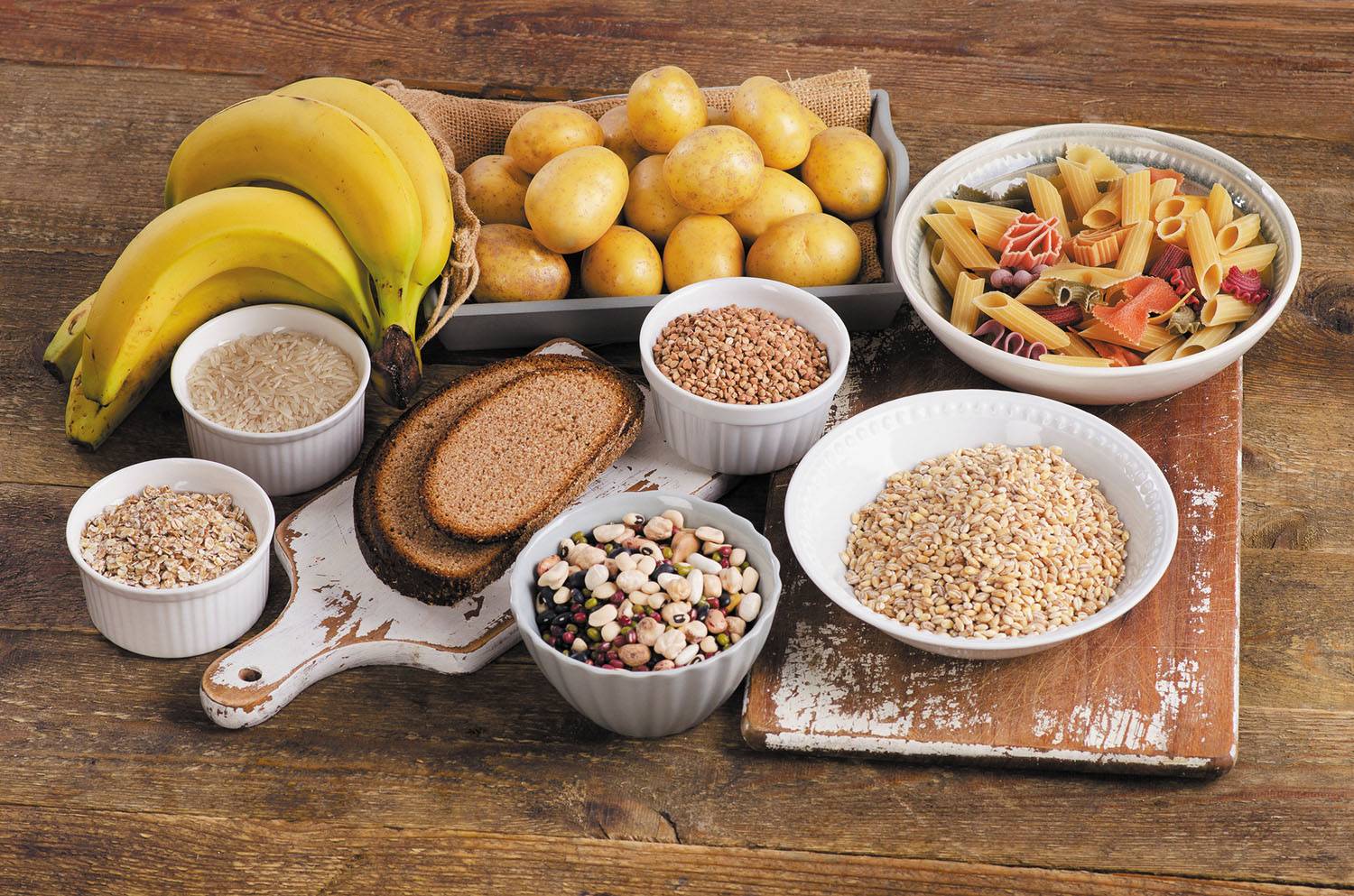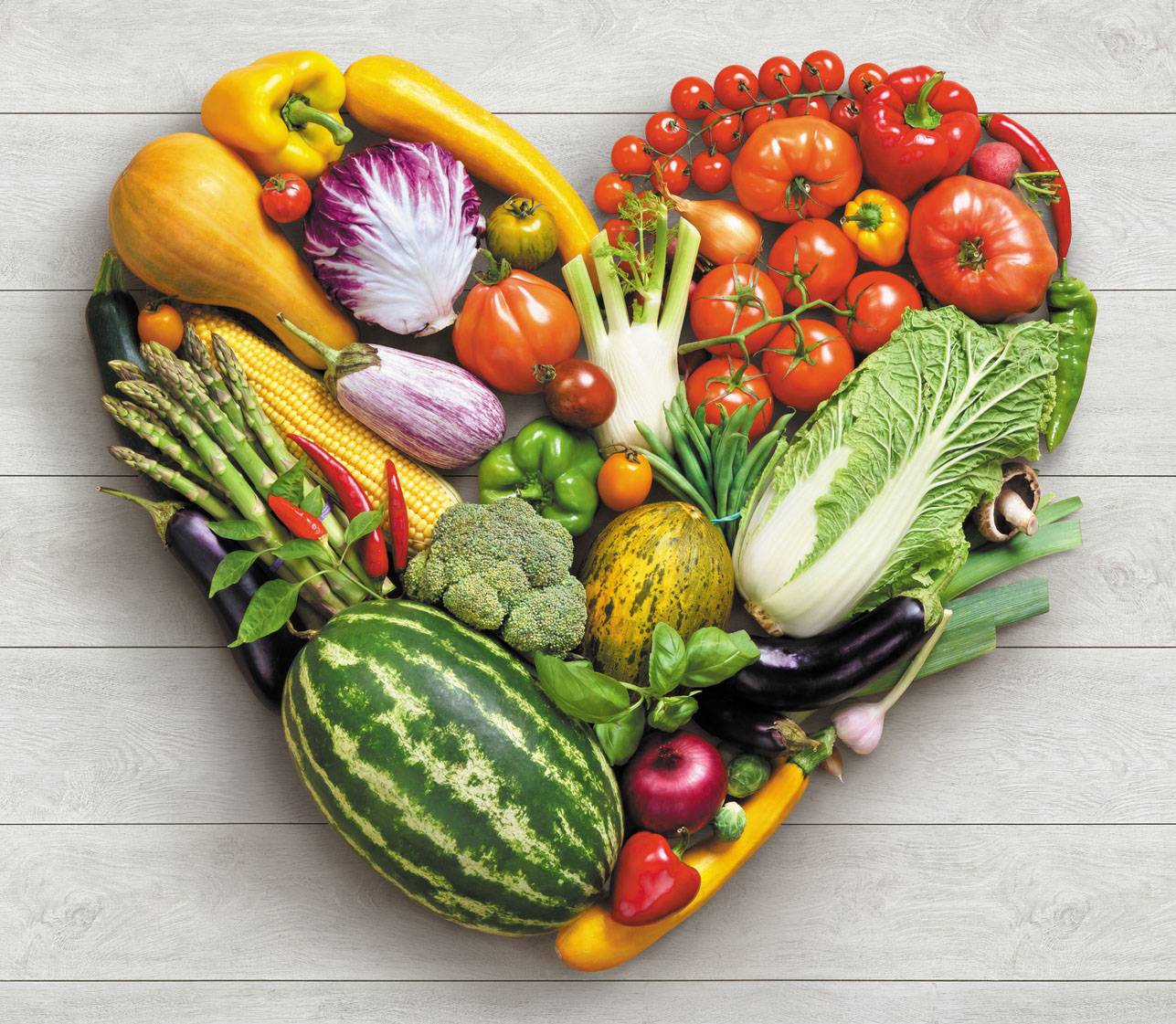 Sophie Bertrand and Bari Stricoff are the co-authors of the myth-busting, knowledge boosting nutritional book – Forking Wellness. With deep knowledge in their fields, these nutrition and diet experts unpack what nutrition actually is, while providing tools so readers can discover what wellness means to them.
Sophie Bertrand and Bari Stricoff are the co-authors of the myth-busting, knowledge boosting nutritional book – Forking Wellness. With deep knowledge in their fields, these nutrition and diet experts unpack what nutrition actually is, while providing tools so readers can discover what wellness means to them.
With their desire to overhaul diet culture and breakdown the facts, Sophie and Bari have provided their top 10 things people usually don’t know about nutrition:
1. Fat doesn’t make you fat. – It’s estimated one third of our energy intake should come from fat, more so from unsaturated fat sources, like nuts, seeds and avocados, but saturated too. Saturated fats are usually found in animal products and are good to include as part of a well-balanced diet. Many people don’t include enough fats in their diet, particularly fatty acids which are often referred to as omega-3s.
2. You don’t have to count calories to be healthy.
Overall, your intake should consist of highquality protein, healthy fats, and whole-grain carbohydrates with plenty of fruit and vegetables. There’s no counting (macros or calories) involved, and there are definitely no restrictions.
3. Gluten is just a protein. You don’t have to eliminate it to improve your health. – Only 0.5% of the population medically require a gluten free diet. It’s important to know gluten is just a protein found in wheat – it’s not toxic and does not lead to adverse health effects. Basically, gluten-free is not synonymous with healthy.
4. Cheat meals can create an unhealthy relationship with food. If you feel the need to cheat on your eating style, it’s not sustainable. Incorporating flexibility into your meals will allow you to skip out on the guilt when you eat something considered as a ‘cheat’ snack or meal
 5. Your kidneys & liver will kindly detox your body for you – no need for lemon water and celery juice. Ensuring fruit and vegetables are being consumed regularly is imperative because they provide essential vitamins and minerals linked to improved health. No food or food substance actually has the ability to detox or cleanse the body. Hurrah for livers and kidneys!
5. Your kidneys & liver will kindly detox your body for you – no need for lemon water and celery juice. Ensuring fruit and vegetables are being consumed regularly is imperative because they provide essential vitamins and minerals linked to improved health. No food or food substance actually has the ability to detox or cleanse the body. Hurrah for livers and kidneys!
6. Smoothies are more nutritious than juices – don’t strip your fruit and vegetables of fibre! Removing the pulp removes the fibre! And if juices or smoothies aren’t enjoyed, consuming the whole fruit provides more nutritional impact.
 7. Carbs don’t cause weight gain. In fact, fruit, vegetables, and dairy products break down into carbohydrates as well. It is thought the brain uses 20% of all energy needed by the body and the glucose from carbohydrate-containing foods provides adequate fuel for the brain to function properly. Good sources for carbs include breads, whole grains, starchy vegetables (potatoes, butternut squash, parsnips and peas, for example.) and fruits.
7. Carbs don’t cause weight gain. In fact, fruit, vegetables, and dairy products break down into carbohydrates as well. It is thought the brain uses 20% of all energy needed by the body and the glucose from carbohydrate-containing foods provides adequate fuel for the brain to function properly. Good sources for carbs include breads, whole grains, starchy vegetables (potatoes, butternut squash, parsnips and peas, for example.) and fruits.
8. Hunger signals are a good thing – don’t ignore them. When your body needs fuel, it will let you know. Diets encourage us to ignore hunger when in fact these instincts are really positive and important to embrace. If you override those hunger pangs and restrict food, your body is likely to react with the urgency to binge. We need to be able to tune in to our hunger signals so we can respond.
9. Digestion isn’t dictated by the time of day. Your body will not digest nor store food differently at 6:01. Our digestive systems work just as hard in the morning as they do throughout the day!
 10. Increasing your intake of plant-based foods is not just beneficial for the environment. It also enhances your overall health. According to Public Health England (2018), only 31% of adults, 32% of people aged 65074 years old and a mere 8% of teenagers meet the 5 A Day recommendation for fruit and veg consumption. Eating more fruit and veg has been shown to lower blood pressure, maintain a healthy heart, help prevent Type-2 Diabetes, decrease the rick of cancer and so much more.
10. Increasing your intake of plant-based foods is not just beneficial for the environment. It also enhances your overall health. According to Public Health England (2018), only 31% of adults, 32% of people aged 65074 years old and a mere 8% of teenagers meet the 5 A Day recommendation for fruit and veg consumption. Eating more fruit and veg has been shown to lower blood pressure, maintain a healthy heart, help prevent Type-2 Diabetes, decrease the rick of cancer and so much more.
